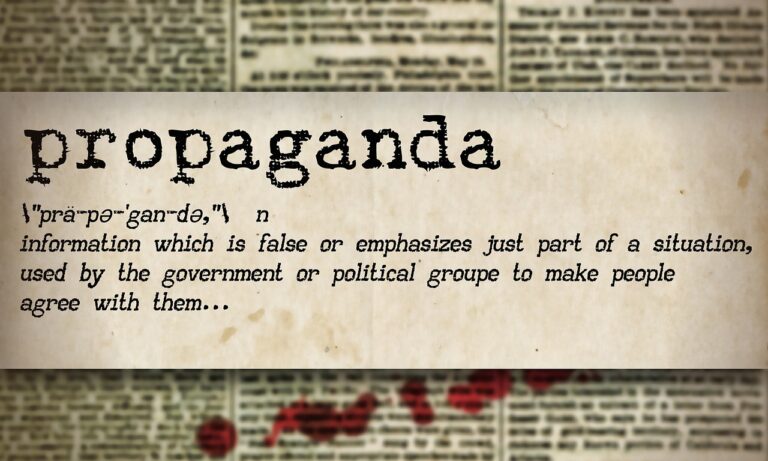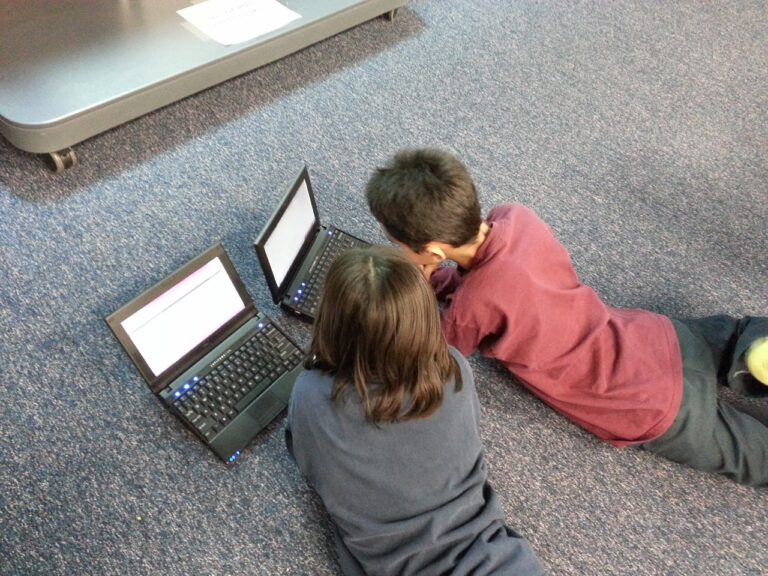Preschool Near Me: How to Find the Best Option for Your Child
Choosing the right preschool is one of the most important decisions for your child’s early development. The preschool years are a crucial time when children develop foundational skills in communication, social interaction, problem-solving, and emotional regulation. If you’re searching for a Preschool Near Me, this guide will help you navigate the process and find the best fit for your child’s needs.
Why Preschool is Important
Preschool is more than just a place for children to play — it’s a structured environment where they begin to develop essential life skills. A high-quality preschool sets the foundation for future success by helping children:
Develop social and emotional skills
Improve language and communication abilities
Build confidence and independence
Develop cognitive and motor skills
Learn problem-solving and teamwork
Children who attend a good preschool tend to perform better academically and socially in later years. The right preschool provides a safe, nurturing, and stimulating environment where children can explore, create, and grow.
Key Factors to Consider When Choosing a Preschool
When looking for a preschool near you, there are several important factors to keep in mind:
1. Curriculum and Teaching Style
Different preschools follow different educational philosophies and teaching methods. Some of the most common approaches include:
- Montessori – Encourages independence and hands-on learning.
- Reggio Emilia – Focuses on creative expression and project-based learning.
- Waldorf – Emphasizes imagination and artistic exploration.
- Play-Based – Learning through play and social interaction.
- Academic-Based – Focuses more on structured learning and early literacy.
Choose a preschool that aligns with your child’s learning style and your educational goals.
2. Teacher Qualifications and Experience
The quality of teachers plays a significant role in your child’s preschool experience. Look for preschools where teachers have formal training in early childhood education and experience working with young children.
- A low student-to-teacher ratio allows for more personalized attention.
- Teachers should be patient, attentive, and encouraging.
- The staff should create a warm and supportive atmosphere where children feel comfortable and confident.
3. Classroom Environment and Facilities
Visit the preschool to evaluate the learning environment:
- Are the classrooms clean, bright, and well-organized?
- Are there age-appropriate toys and learning materials?
- Is there a safe outdoor play area?
- Are children engaged and happy during activities?
A positive and stimulating environment encourages curiosity and exploration.
4. Safety and Security
The safety of your child should be a top priority. Make sure the preschool follows strict safety protocols:
- Secure entry and exit points
- Emergency preparedness plans
- Childproofed furniture and equipment
- First-aid trained staff
5. Daily Routine and Activities
A balanced daily schedule helps children feel secure and engaged. Check if the preschool offers a mix of activities such as:
Circle time and group discussions
Arts and crafts
Outdoor play and physical activities
Music and movement
Storytime and early literacy exercises
A well-rounded program helps children develop both academically and socially.
6. Parental Involvement and Communication
A good preschool maintains open communication with parents and encourages parental involvement.
- Are there regular parent-teacher meetings?
- Do they provide progress reports and updates?
- Are parents welcome to participate in classroom activities and events?
Strong communication between parents and teachers ensures that the child’s development is on track and any concerns are addressed early.
Benefits of Enrolling in a Good Preschool
Attending a quality preschool has long-term benefits for children:
Improved language and communication skills
Better social and emotional development
Stronger cognitive and problem-solving abilities
Greater confidence and independence
Easier transition to primary school
How to Find the Best Preschool Near You
Here are some tips to help you find the best preschool near you:
Research online – Look up local preschools, read reviews, and visit their websites.
Ask for recommendations – Talk to other parents, friends, and neighbors.
Visit the school – Take a tour, meet the teachers, and observe the environment.
Compare programs – Evaluate the curriculum, teacher qualifications, and learning environment.
Trust your instincts – Choose a preschool where you and your child feel comfortable.
What to Ask During a Preschool Visit
When you visit a preschool, ask the following questions:
- What is the teaching philosophy?
- What is the student-to-teacher ratio?
- How do you handle behavioral issues?
- What safety measures are in place?
- How do you communicate with parents?
- What kind of meals and snacks are provided?
- What are the school hours and holiday schedules?
Conclusion
Finding the right preschool near me takes time and research, but it’s an investment in your child’s future. A good preschool experience lays the foundation for academic success, social development, and emotional well-being. Take the time to explore your options, ask questions, and choose a preschool that meets your child’s needs and your family’s expectations. A nurturing and stimulating environment will help your child thrive and develop a lifelong love for learning.







